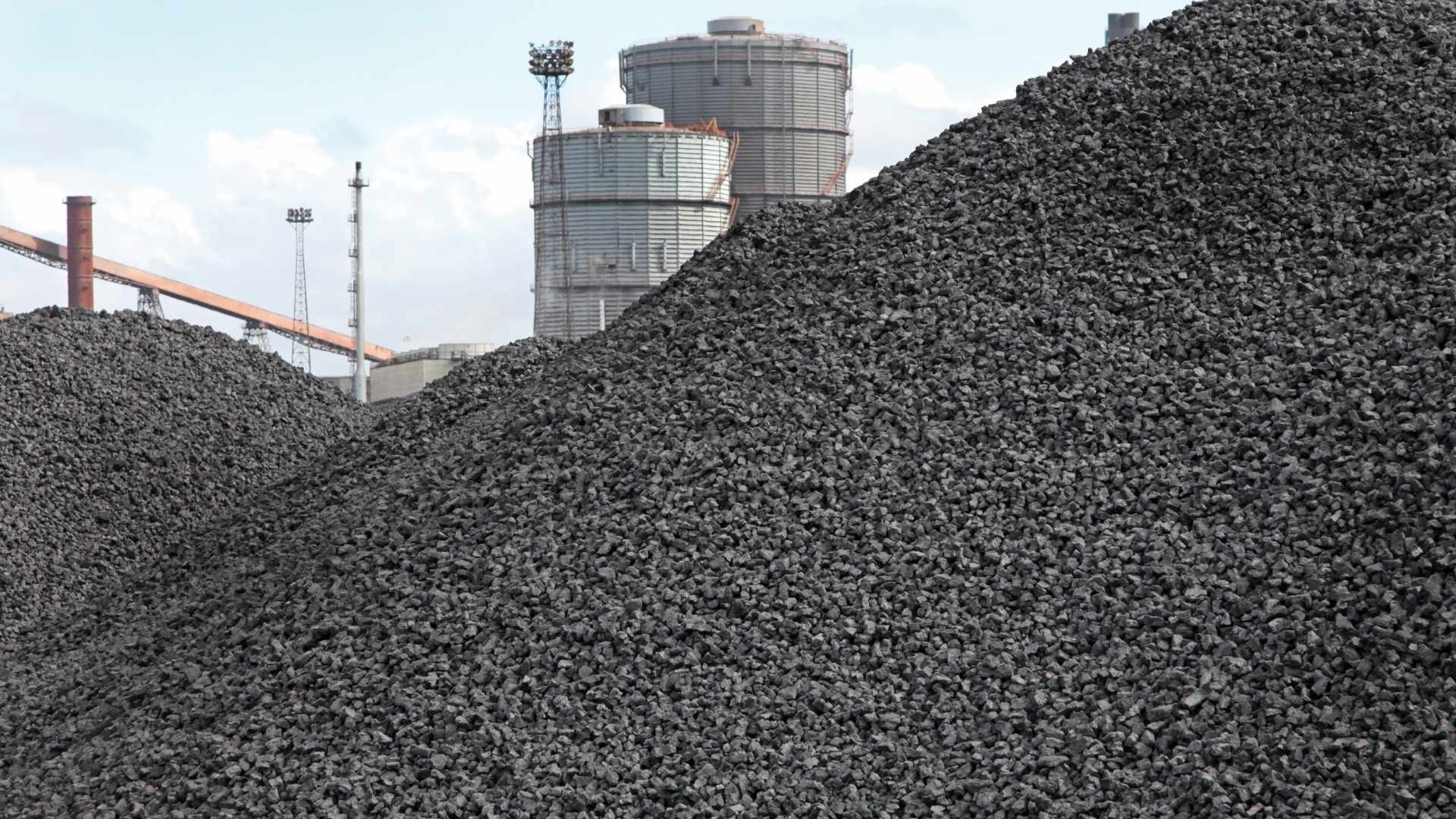Press Release: Residents ask EPA for tighter safeguards on hazardous air pollutants from coke ovens
Coke ovens are responsible for >40% of carcinogens in blast furnace steelmaking
Ariana Criste, Senior Communications Strategist

For immediate release
August 31, 2023
Residents ask EPA for tighter safeguards on hazardous air pollutants from coke ovens
Coke ovens are responsible for >40% of carcinogens in blast furnace steelmaking
August 31, 2023 – Today, the U.S. Environmental Protection Agency (EPA) held a virtual public hearing on proposed updates to the National Emission Standards for Hazardous Air Pollutants (NESHAP) for Coke Ovens. The proposed changes would increase air monitoring for the carcinogen benzene, establish a benzene action level of 3ug/m3 and eliminate startup, shutdown, and malfunction loopholes.
A coke oven is a chamber that heats up coal to produce coke, a fuel used to make steel in blast furnaces. Seven operating coke plants are left in the country, in Michigan, Illinois, Indiana, Ohio, Pennsylvania, Virginia and Alabama. US Steel’s Clairton Coke plant in Pennsylvania has almost a third of all coke capacity nationally. Coke ovens release known health-harming carcinogens and hazardous air pollutants, including lead, mercury and benzene. According to available data, in the blast furnace steelmaking process coke ovens are responsible for more than 40% of carcinogens.
Advocates and community members joined the EPA hearing and asked for robust fenceline pollution monitoring, a short term action threshold to protect human health and a new rule for by-product recovery plants. Below are statements from community members living near coke ovens responding to the Agency’s proposal. Speakers in favor of stronger emissions safeguards outnumbered those asking for a more limited rule 24 to 13.
Following is a statement from Lisa Graves Marcucci, Pennsylvania Coordinator, Community Outreach, Environmental Integrity Project:
“As a life-long resident of Pittsburgh’s Monongahela Valley, I have had a front-row seat to the pollution from the US Steel Clairton Coke Works. For far too long, this facility has emitted dangerous air pollutants like benzene into the air we breathe. Recent monitoring projects have confirmed community concerns about benzene and I am glad the US EPA has included a fenceline monitoring requirement in this proposed rule. Health of the workers and the fenceline communities should be the priority; this rule is an important first step towards that goal. I urge the US EPA to finalize a rule with a robust benzene monitoring requirement with actionable limits to protect us all.”
Following is a statement from Donna Ballinger, resident, Middletown, Ohio:
"I live less than 1,000 feet from the coke oven at Middletown Works, and every day, the specter of toxic air pollution from this facility looms over us. The EPA has found high benzene concentrations and other pollutants near this facility. The fenceline monitoring requirement in the proposed rule is a step in the right direction, but the EPA must do more to safeguard the health of residents."
Following is a statement from Ashley Williams, Executive Director, Just Transition Northwest Indiana:
"Stronger regulations on coke oven emissions mean all of us can breathe cleaner air, especially here in Northwest Indiana, where we bear the brunt of the country's toxic emissions from heavy industry. This NESHAP is a step in the right direction, but the EPA cannot stop now! We urgently need a paradigm shift toward environmental justice that promotes green, family-sustaining steel jobs AND healthy neighborhoods. Including and enforcing real-time fenceline benzene monitoring in the final ruling is essential to protecting communities and workers from pollution."
Following is a statement from Jon Haddad, Senior Associate - Decarbonization with Mighty Earth in Michigan:
"For too long, EES Coke has spewed pollution, harming the health of residents in neighboring communities. While stricter regulations from the EPA represent progress, the overarching issue remains the insatiable demand for coking coal, fueled by steelmakers like Cleveland-Cliffs. The steel industry must move decisively away from blast furnace steelmaking and toward green steel."
Following is a statement from Virginia Woulfe-Beile, Three Rivers Project Co Coordinator with Sierra Club, Piasa Palisades Group (Illinois):
"Granite City residents face some of the highest cancer risks in the nation due to toxic air pollution from US Steel's Granite City Works. By offloading the facility to a cokemaking company, they're continuing to turn a blind eye to the harmful carcinogens such as lead, mercury, and benzene that are harming steelworkers and residents daily. The EPA must take bold action to defend our right to clean air and protect us from these hazardous pollutants."
###
About Industrious Labs:
Industrious Labs is focused on scaling campaigns and building a movement to clean up heavy industry through network and capacity building, research and analysis, data-driven campaigns and sharp communications.